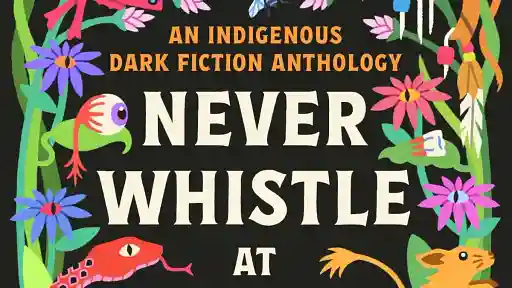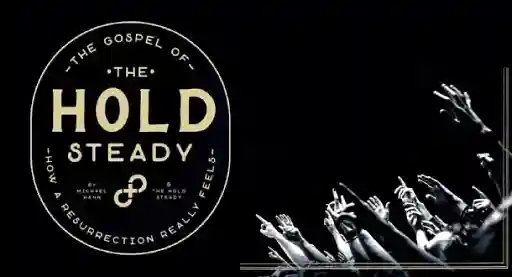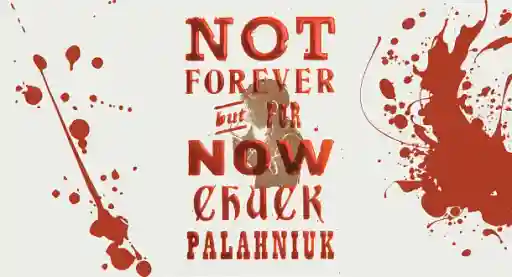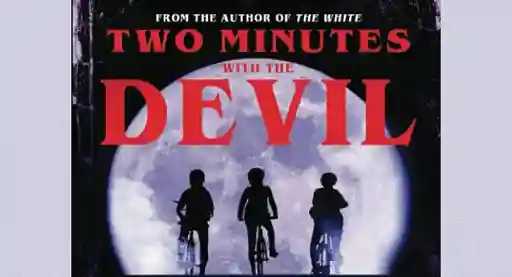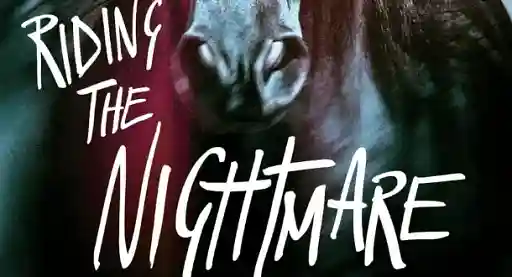Bookshots: Pumping new life into the corpse of the book review
Title:
Little Bastards in Springtime
Who wrote it?
This is the first novel from Canadian author Katja Rudolph.
Plot in a box:
Eleven year old Jevrem Andric watches helplessly as his family and home are torn apart by war in Sarajevo. Although the survivors escape to Canada, Jevrem is unable to leave the war behind and starts running with a gang of teenage Yugoslav refugees that terrorize the streets of Toronto. He is eventually caught and sent to juvie jail, but surviving a brutally hostile environment is nothing new for the little bastard. Will he ever break free of the cycle of violence?
Invent a new title for this book:
You Can Take the Refugee Out of the War…
Read this if you liked:
Night by Elie Wiesel
Meet the book’s lead:
Jevrem is a smart young boy, but he can’t understand why the adults insist on killing each other and blowing up their homes. His parents lecture him about political ideology, but the more they talk, the less it makes sense. Are a bunch of ideas really worth destroying a city and murdering children? When he comes to Canada at age sixteen, Jevrem has a master’s degree in mayhem and a lifetime’s worth of hurt to let out. Society has failed him, and he and his gang of little bastards are taking their revenge.
Said lead would be portrayed in a movie by:
British actor Evan Bird, who impressed audiences with his portrayal of a troubled young movie star in Maps to the Stars.
Setting: would you want to live there?
Shockingly, war-torn Sarajevo does not sound like a nice place to live. Toronto sounds better, but it’s way too cold for me.
What was your favorite sentence?
Baka thinks I’m a smart boy who fell in with the wrong crowd. But she’s wrong. I’m the wrong crowd, and those poor fucking bastards fell in with me.
The Verdict:
Little Bastards is a powerful story of survival, transgression and redemption, full of well-written and intriguing characters. The settings are exquisitely detailed, and Rudolph manages to make civilized Canada sound uncomfortably like besieged Sarajevo through Jevrem’s eyes. Jevrem’s voice and inner monologue feel very genuine. He knows what he is doing is wrong, but the violence, fear and adrenaline of crime feels like home. He’s only following the example the adults set for him.
However, the book could definitely benefit from more editing. It gets off to a ponderously slow start, and frequently indulges in long, masturbatory descriptions of nature that quickly cease to advance the story or provide any insight into the protagonist. It’s also prone to long comma-laden lists of things that invite the eye to skim forward with their tedious repetition. The rest of the book practices a lot of freestyle grammar, with lots of missing punctuation, odd paragraphs broken up like verse, and the beginning of sentences and names are rarely capitalized. That may be because I was reading an advance proof that has yet to be finalized for publication, and if so, that is entirely forgivable. But late in the story it is revealed that the book is intended to be Jevrem’s own written account of his life, which suggested to me it was deliberate. If that’s the case, it was a bad choice, needlessly frustrating the reader and obfuscating the story for a bit of stylistic showmanship. That being said, Jevrem really resonates as a character, and Little Bastards provides a brutally honest portrayal of the refugee experience.

About the author
BH Shepherd is a writer and a DJ from Texas. He graduated from Skidmore College in 2005 with degrees in English and Demonology after writing a thesis about Doctor Doom. A hardcore sci-fi geek, noir junkie and comic book prophet, BH Shepherd has spent a lot of time studying things that don’t exist. He currently resides in Austin, where he is working on The Greatest Novel Ever.
